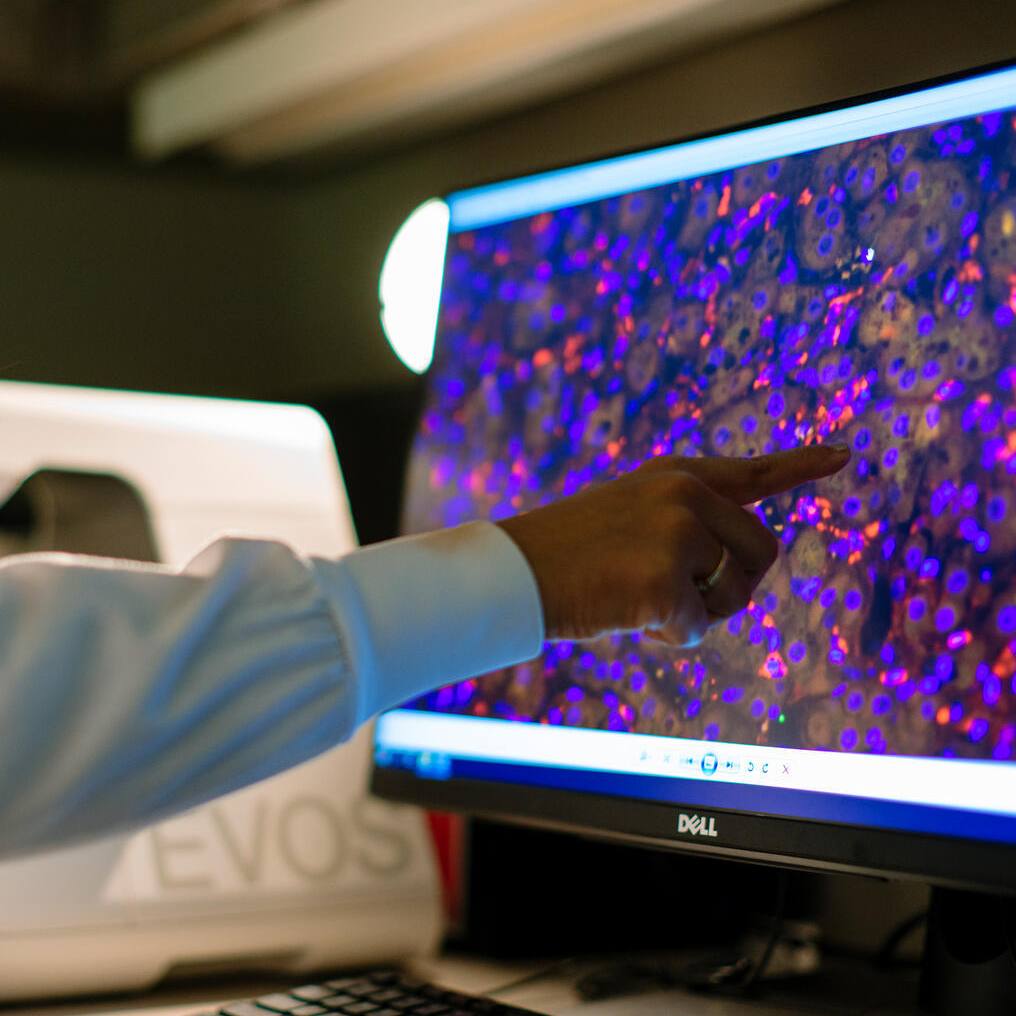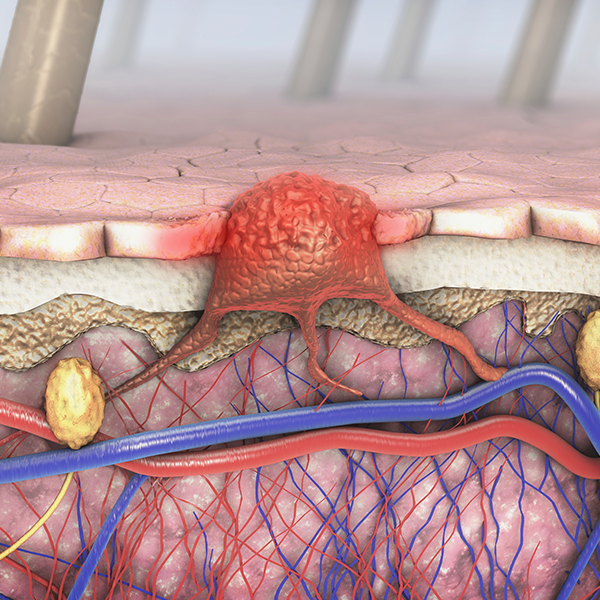-
Researchers Formulate Treatment Combination Lethal To Pancreatic Cancer Cells
A combination of two targeted therapies packs a powerful punch to kill pancreatic cancer cells in the laboratory, Mayo Clinic cancer researchers report. With further testing of these drugs that are from classes of pharmaceuticals already used in patients, the Mayo research may lead to new treatment opportunities for patients with pancreatic cancer, which is extremely difficult to treat. In a study presented at the annual meeting of the American Association for Cancer Research, Mayo Clinic Cancer Center investigators found that rapamycin and panobinostat (also known as LBH589) act synergistically when used in combination, destroying up to 65 percent of cultured pancreatic tumor cells. The finding is particularly significant, says the studys first author, Mamta Gupta, Ph.D., because the three cell lines studied were all resistant to the effects of chemotherapy — as are many pancreatic tumors — and because the drugs studied are already available for treatment of patients. Panobinostat is approved as therapy for cutaneous T cell lymphoma (CTCL), and rapamycin is best known as an immunosuppressant to help prevent rejection of transplanted organs.







